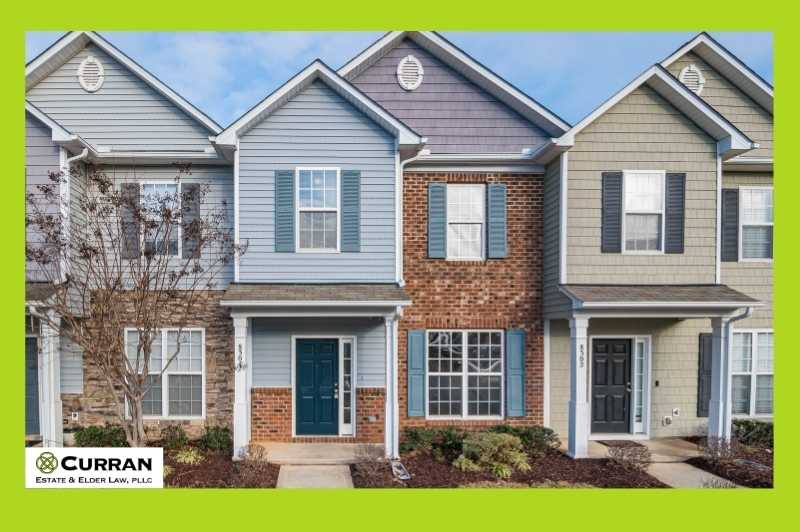
The trend of aging in place, where older Americans opt to remain in their current homes as they grow older, is gaining significant traction. However, what's driving this decision? A Housing Wire article titled, "Majority of older homeowners plan to stay in their home as they age", cited Redfin’s survey, and a staggering 78 percent of homeowners aged 60 and above plan to remain in their homes as they age. This inclination is influenced by various factors, including financial incentives, emotional attachment to their homes and a desire for familiar surroundings.
Many older Americans find it advantageous financially to age in place. Many baby boomers have no mortgage or are enjoying low mortgage interest rates, so the financial rationale for moving becomes less compelling. Moving to a new home could result in significantly higher monthly payments.
As older Americans increasingly choose to age in place and remain in their homes, it is essential to consider how their current home will suit them as their physical mobility declines. The decision to stay in one's home has far-reaching consequences beyond housing preferences, impacting healthcare, personal safety and financial considerations.
Personal care and/or assisted living facilities and other long-term care centers are usually far more expensive than living at home and getting a little help with tasks, like yard work and house cleaning. Of course, if you have significant medical needs, aging in place might not be an appropriate option, especially if your home is not accessible on a single level or for wheelchairs or other assistive mobility devices. You and your doctor should talk about your needs and options.
With intelligent design features, you can make your home safe and comfortable for aging in place. With the right information and professionals, like those at Curran Estate & Elder Law in Berks County, Pennsylvania, which has a care coordinator to assist with these choices and provides options, you can create a beautiful yet functional space for your golden years. Do not assume you will have to relocate just because you reach a certain age.
If you have a much larger house than you need and your children have grown up and moved away, you might save yourself a lot of money by selling that home and having a house built that incorporates all the features you want for aging in place. Your golden years' home should only have the square footage you need daily for it to be cost-effective and something you can maintain.
Depending on the circumstances, it might be less expensive to sell your existing house and have a smaller one built rather than make extensive modifications to an older home so that you can age in place.
Whether you are having a new, smaller house built or retrofitting your existing home, you should discuss these essential features with your contractor:
If you're considering aging in place and have questions about ensuring that you do not exhaust your finances, our experienced life care planning team can provide personalized guidance and support to help you navigate the complexities of housing accommodations. Contact us today to schedule a consultation and take the first step towards securing your legacy.
Proactive planning is essential for individuals considering aging in place. Work with an experienced elder law attorney to effectively navigate complex financial and accommodation for aging matters.
References: HousingWire (April 2, 2024) “Majority of older homeowners plan to stay in their home as they age”
National Association of Home Builders “Aging-In-Place Remodeling Checklist”
Free E-Newsletter – Subscribe Now
